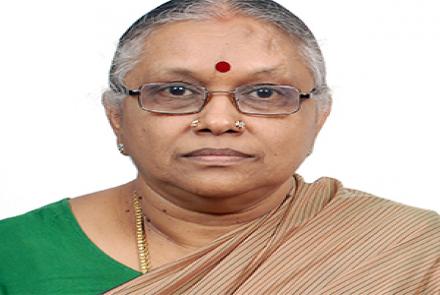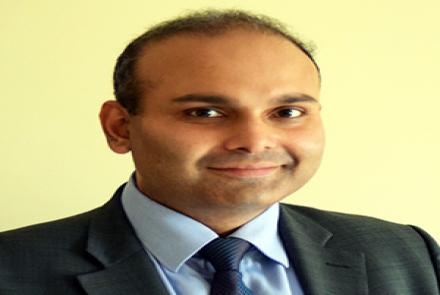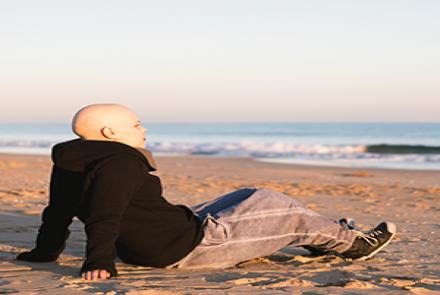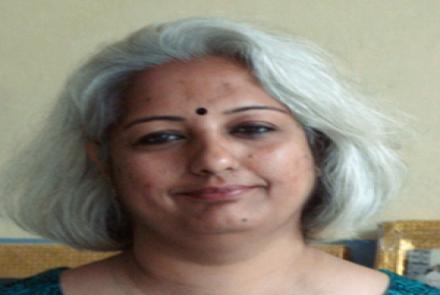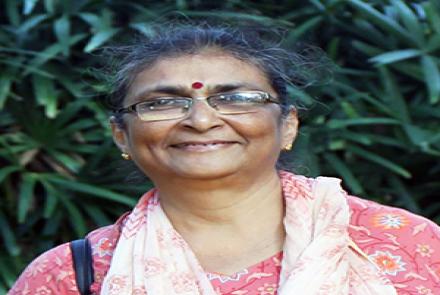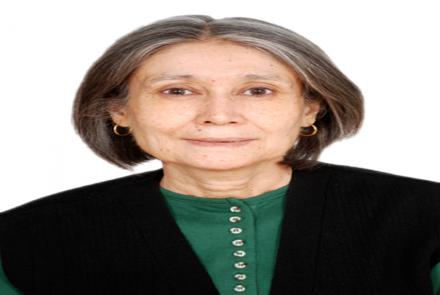
You may have heard people refer to a ‘metastatic cancer' or say that ‘cancer has metastasized’ or is ‘in Stage 4’. But what does that really mean. Dr. Shital Raval explains.
What is Metastasis?
Metastasis is a term for when cancer has spread to a different part of a body from where it first originated. Because metastatic cancer is more difficult to control and treat, it is categorized as the last stage or Stage IV.
How does Metastasis happen?
This happens when cancer cells break away from the original tumour and enter the circulatory (blood stream) or lymphatic system. These cells can settle in and start growing at the new spot.
Certain cancers such as those of the blood like leukemia and lymphoma are already spread through the body and hence not stated to as metastatic.
In some cases, cancer cells may fall or grow into adjoining organs, this is called seeding. It is seen mostly in certain abdominal cancers of the appendix or the ovaries. Here the cancer cells tend to break off and grow along the lining of the abdomen or pelvis.
Cancer cells often travel via the lymphatic system which connects the lymph nodes throughout the body via a fluid called lymph. Cancers often spread to the local lymph nodes (nodes located closest to the primary tumor). If a tumor is found in two or more 2 lymph nodes, it is categorized as Stage 3 Cancer.
Almost all cancers have the ability to metastasize and whether they do depends on:
- the type of cancer
- how fast it is growing
- size and location of the cancer
- duration of the cancer
- if the cancer was treated
- how well the treatments worked
Where do cancers usually metastasize?
The most common parts of the body for the cancer to spread are vital organs such as bones, brain, liver, lymph nodes and lungs. Pleural spaces (linings) around the lungs and abdominal cavity are also common. Seldom, tumors also spread to the muscles, skin and other organs of the body. Here is a list of common cancers and where they usually spread.
| Type of Cancer | Sites of Metastasis |
|---|---|
|
Lung Cancer |
Brain, bone, liver, adrenal glands |
|
Breast Cancer |
Bones, liver, lungs, chest wall, brain |
|
Prostate Cancer |
Bones |
|
Colorectal Cancer |
Liver, lungs |
|
Endometrium/Ovarian Cancer |
Liver, lung, abdominal & pelvic organs, Lining of the abdomen & pelvis |
How is metastasis detected?
Often times, symptoms of the metastatic tumor may be the first ones to occur. For example in pancreatic cancer, when metastasis reaches the liver, symptoms of jaundice, dark urine etc. emerge. That’s when pancreatic cancer may be discovered. In others, bone pain when investigated may reveal metastasis to the bone. This is why we often have late detection and poor prognosis of cancers, when the disease has well advanced.
It is imperative that patients who have early stage cancer do routine follow-up with their doctors to check for signs of metastasis. Besides tumor markers, imaging tests such as PET, MRI and CT scans are used to detect metastatic cells.
How is metastatic cancer treated?
Treatment always depends on the type of cancer and hence biopsy is done to identify the tumor by looking at the cells under a microscope. Since a metastatic tumor has originated elsewhere, it will contain the cells of the primary tumor. It means that if a breast cancer has metastasized to the brain, the tumor in the brain is made of breast cancer cells and not brain cancer cells. This is important for the right course of treatment to be done.
Treatment for late stage or advanced metastases is palliative and aims to prolong and improve quality of life for the patient. Treatment can slow down the progress of the cancer and provide supportive therapies besides the conventional ones like Chemotherapy, Radiation, Surgery and Immunotherapy.
Reference Resources:
American Society of Clinical Oncology (ASCO), www.cancer.net
Patient resource, https://www.patientresource.com/Metastatic_Disease.aspx
Canadian Cancer Society, www.cancer.ca



